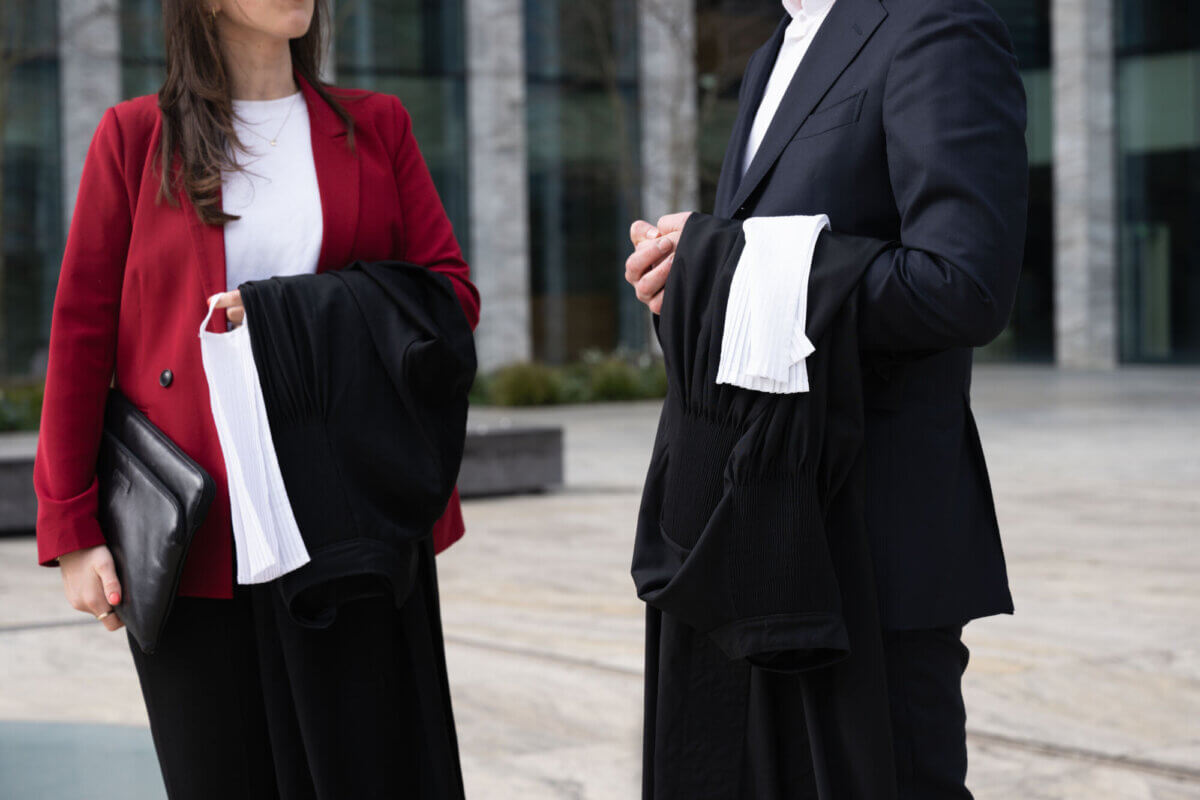Does COVID-19 qualify as force majeure for IT-related services?
For the delivery of most IT-related services, the COVID-19 virus will not qualify as force majeure under Dutch law. People are allowed to work, if work requires them to work. Particularly in the IT-sector, people are expected to be familiar with the need for “business continuity plans”. If properly provided, these plans allow people to work at home or (also) from another location. This allows them to adhere to the advice given by the Dutch government (e.g. to keep 1,5 metres from others).
Challenges arise in projects where customer and supplier jointly develop or implement. Conversations that were held in physical meetings until last week, are now held remotely (often at the request of the customer). Of course, this should be done as effectively as possible. Probably by using videoconferencing or other similar methods. Meetings may need to be better prepared or more disciplined. If larger groups are involved, the meeting may need to be prepared in smaller groups. And it probably makes sense to monitor progress somewhat better, so that adjustments can be made more quickly.
In addition, many contributions on this subject refer to contractual clauses in which ‘disease’, or the restrictive variant ‘epidemics and pandemics’, is explicitly labelled as force majeure. In that case COVID-19 will qualify as force majeure. This does not (necessarily) excuse parties from performance. The non-performance must be attributable to COVID-19. The force majeure clause often stipulates that a party is not obliged to fulfil its obligations if it is prevented from performing due to force majeure. Causality is therefore required. In IT, this causality often does not exist, certainly not when it comes to continuity processes that (for the time being) can also continue with COVID-19.
So COVID-19 could qualify as force majeure as defined in an agreement, but it does not provide a basis to (successfully) invoke force majeure in the sense that the supplier does not have to perform. In other words: no ‘force majeure’ (a non-attributable shortcoming) in the sense of 6:75 Dutch Civil Code.
More information? Please do not hesitate to contact Bart van Reeken or Louis Jonker.




